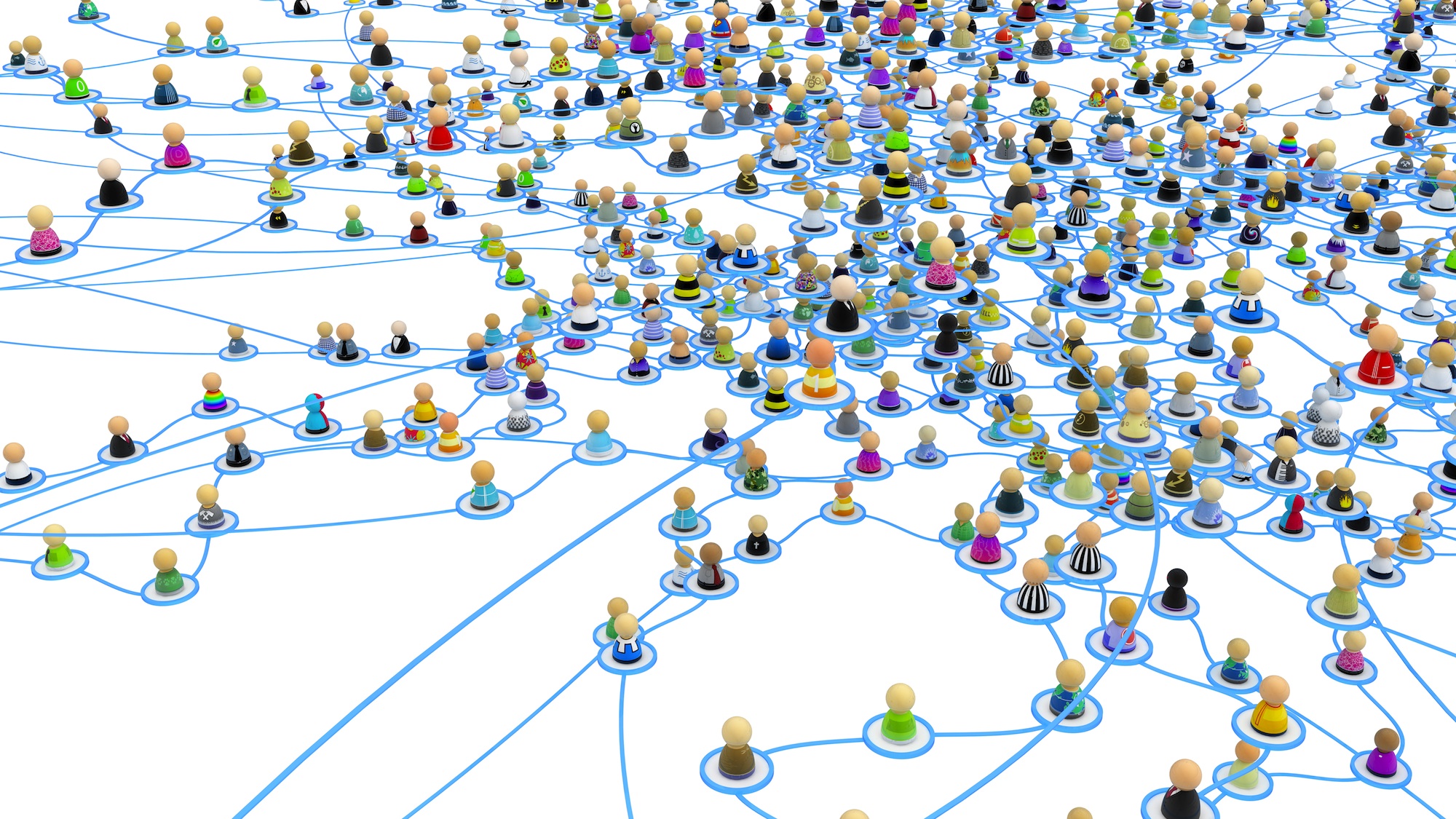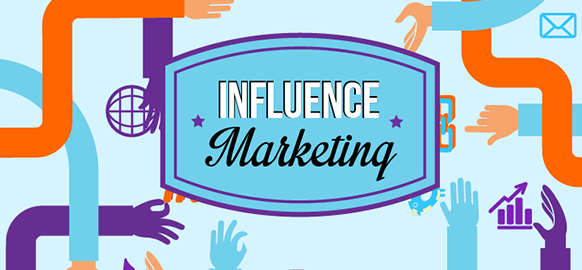In recent times, the Internet has profoundly altered business operations across the globe more than ever in the history of mankind, making the art of social networking the next gale that will blow us forward.
Today, a generation of online tribes, cliques, communities, social spheres, lists, groups and circles, amongst others, describe and define online networks of interest and following.
As people connect with one another on Instagram in South Africa, others are navigating Facebook in Nigeria. Daily, large numbers of Africans and, indeed, the world are logging into thousands and perhaps millions of social networking platforms.
Social networks are predominately redefining our personal and business relationships with the world around us. From music to marketing, consulting to fashion, creative to communications, and education to engineering, there are available networks for every individual and professional to establish, join and develop for personal influence and brand benefits.
Human beings do not exist in isolation; they operate in circles of interests and relationships which, when virtual, can be referred to as networks. Networks exist both in business and social interactions, thereby making possible new avenues for insight and information sharing.
A network affords individuals and brands the opportunity to maintain stronger relationship with other individuals and brands of connected interest. It sets you up on knowing your customers and competitors, gives you the foresight to think, plan and execute any network-focused agenda while leveraging virtual reality.
One more trend is obvious: more offline relationships and networks are now migrating online and brands, just like individuals should position themselves for these opportunities. As an Internet and social media user, building networks and harnessing their benefits should depend on the platform in consideration. For instance, a photographer may find Instagram a better platform to build more viable network due to the fact that photos are better appreciated on Instagram or Pinterest.
In the same vein, a writer may find Tumblr or Twitter more interesting due to the opportunity to create long- or short-form essay. While this sounds like good advice, the popularity, acceptance and prevalent use of a network in a particular country is to be considered. A photographer on Instagram in a country where Facebook records the highest users may make the best use of the platform but lose out on business opportunities because many potential clients and customers are on other platforms.
To build a network for your brand is, perhaps, one of the most productive ways to constantly create relevant market buzz about your products and services. Network building goes beyond executing a one-off marketing campaign to helping your brand through its life cycle. In order to achieve this, it is crucial to look before leaping.
This second check will help in carrying out quick checks on competing brands already playing in your network and desired platform. It also gives opportunity to map out individuals who will be interested in your brand and how best to reach them.
The best place to begin when building a network is among friends and family members. These individuals will support you and offer positive reviews (at no cost or need for incentive). Thereafter, tap into their networks to reach more people. Leveraging connections from these two groups is often a good way to strengthen connection ties for stronger penetration. With second-degree connections, the first hurdle is crossed successfully.
Creating a communication or engagement structure by being sociable is at the heart of building and maintaining a valuable online network. Think of the external activities of the organisation promoting the social being of the brand, where customers can get a shareable message on subscribing for a particular service, purchasing a product or enjoying a specific service as well as receiving shareable birthdays or wedding anniversary messages from the organisations you patronise. These random and often-ignored activities greatly expand visibility, reach and size of networks.
Most importantly, it is vital to remember at all times that advocates – and not members – grow networks. So, having over 2,000 new followers is not a guaranteed network builder. Focus should be on having a trusted, valued and engaging community of people. These advocates constitute the surest way to build a network.
According to a consumer peer-influence report by Nielsen Study, 90 per cent of consumers trust peer recommendations, while only 33 per cent trust online ads. As a network manager, it is essential to find advocates for your brand and recruit new members to your social community aggressively, yet manually. Every new member is a potential community advocate if well engaged.
In growing a network, the concept of advocacy, as against influence(r), holds much value as influencers are paid for a one-off buzz, while advocates are life-long conscious ambassadors of the network or brand which, most times, comes without much financial constraints.
Hosting conversations on your social network is a sure way to engage, sustain and maintain your community of followers and advocates. Social conversations increase your network statistics, while positioning you as a thought leader and influencer within your industry.
You can embed social network feed widgets on your website to help visitors track activities on your social network without exiting your website. Tools such as Spot IM, Buffer and some browser extensions can help monitor and manage conversations on your social networks.
Giving back while giving a voice to your network members and advocates is crucial in winning them as well as winning with them. Create avenues for them to express their concerns and give back to them as a way of encouraging loyalty, support and partnership.
As with offline network creation and building, online networks require originality, conscious effort and creativity to win the time and treasure of potential members and advocates towards developing an empire of valuable individuals and brands for mutual excellence.
Networks are the most powerful characteristics of social media branding and profiling; therefore, build your networks deliberately.




